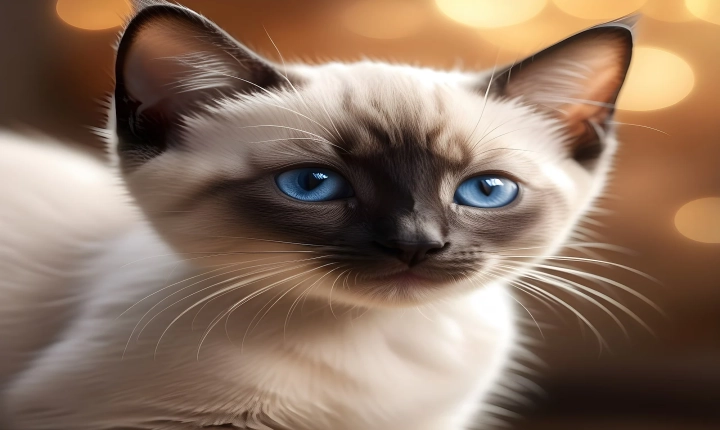Title: Does ChatGPT Have Copyright? What You Need to Know
As artificial intelligence (AI) technology continues to advance, the question of copyright and intellectual property in AI-generated content has become increasingly relevant. ChatGPT, a popular language generation model developed by OpenAI, has raised the question of whether AI-generated content is subject to copyright protection.
ChatGPT is a state-of-the-art language model that uses machine learning to generate human-like text based on the input it receives. This has led to a myriad of practical applications, including chatbots, content generation, and creative writing assistance. However, the issue of copyright ownership and protection in the context of AI-generated content remains a complex and debated topic.
Copyright law typically grants protection to “original works of authorship fixed in any tangible medium of expression,” including literary works, software code, and other forms of creative content. However, AI-generated content blurs the lines of authorship and originality, raising questions about who holds the rights to content created by AI models like ChatGPT.
One of the primary challenges in addressing the copyright status of AI-generated content is the absence of human authorship. In the case of ChatGPT, the content is produced based on the model’s training data and algorithms, rather than direct human input. This complicates the traditional understanding of copyright, which is based on the contribution and expression of human creators.
Another aspect adding to the complexity is that ChatGPT can generate content that resembles existing copyrighted material. This raises concerns about potential infringement and the ability to differentiate between AI-generated content and the original works it may resemble.
Currently, the legal frameworks surrounding AI-generated content and copyright are evolving to address these new challenges. In some jurisdictions, there is a debate around whether AI-generated works should be eligible for copyright protection at all, or if there should be a different set of rules specifically tailored to AI-generated content.
OpenAI, the organization behind ChatGPT, has taken steps to address these concerns by providing guidelines for the use of AI-generated content and encouraging responsible and ethical usage. They emphasize the importance of respecting copyright laws and the rights of content creators when using AI-generated content.
Furthermore, there have been discussions about the potential need for new regulations and standards to govern AI-generated content and copyrights. This involves considering how to balance the interests of AI developers, content creators, and the public, while also ensuring fair and equitable treatment of all parties involved.
Ultimately, the question of whether ChatGPT and other AI models have copyright is a complex and multifaceted issue that continues to be explored and debated within legal and technological circles. As the capabilities and applications of AI technology continue to grow, it is essential for policymakers, legal experts, and industry stakeholders to collaboratively address these challenges and develop clear and balanced approaches to copyright and AI-generated content.
In conclusion, the relationship between copyright and AI-generated content is a topic that demands attention and careful consideration to ensure that the rights of content creators are protected, while also fostering innovation and beneficial use of AI technology. As the conversation around these issues evolves, it will be crucial to establish a legal framework that provides clarity, fairness, and accountability in the realm of AI-generated content and copyright.
